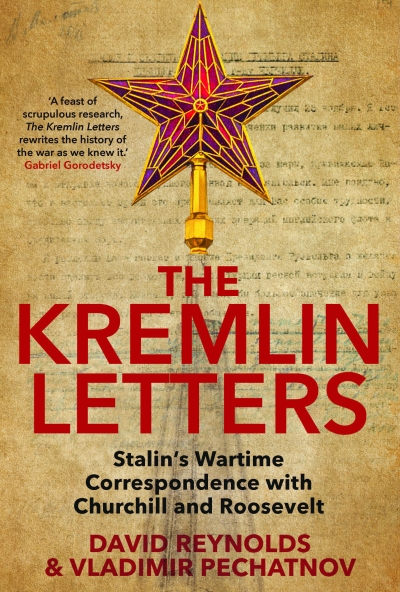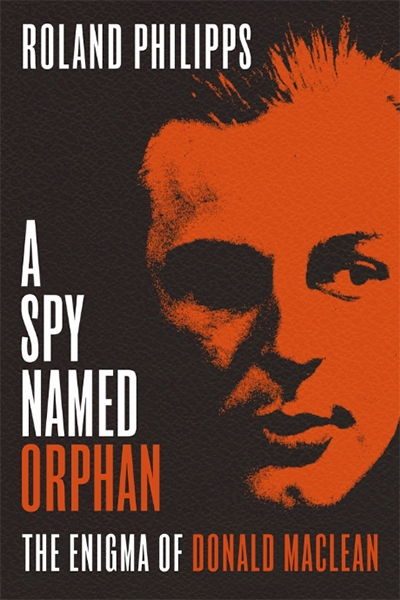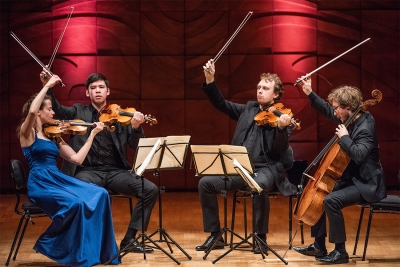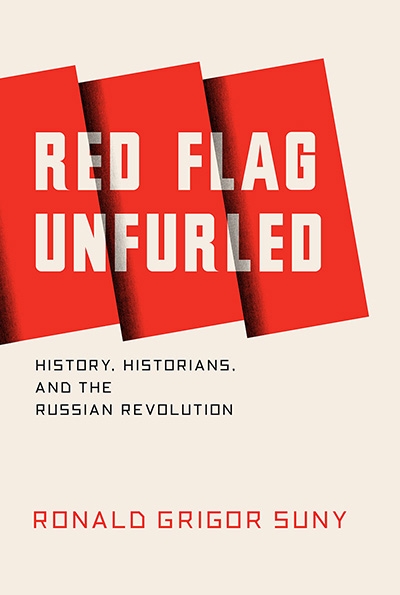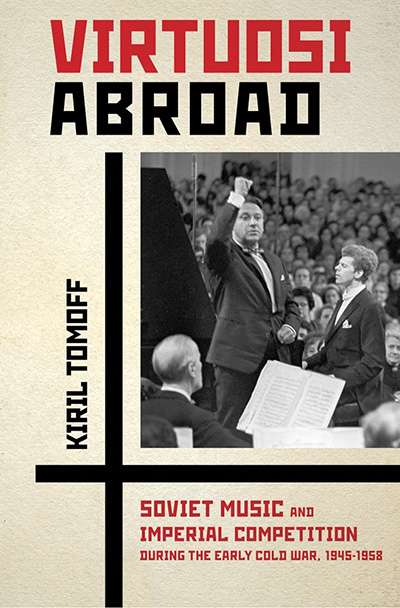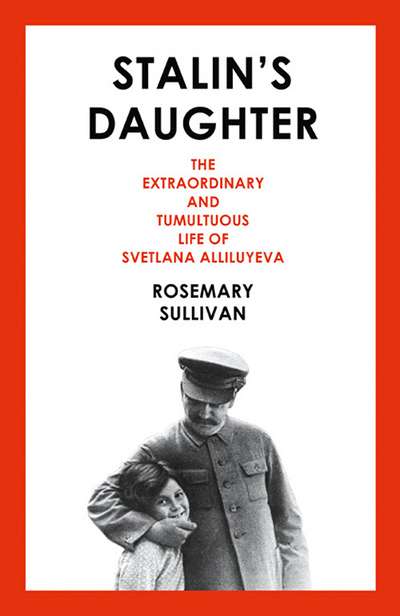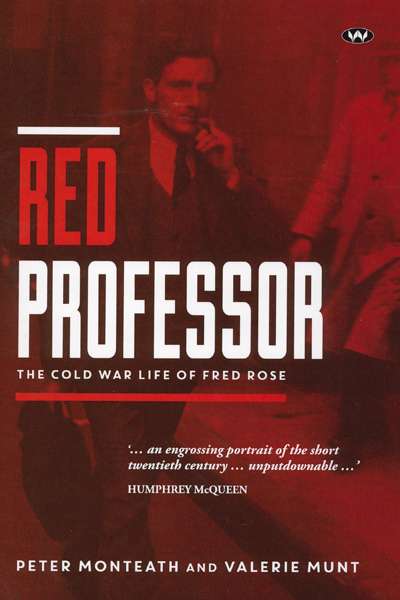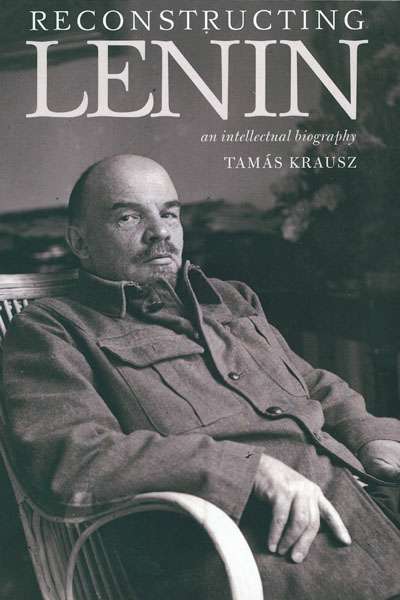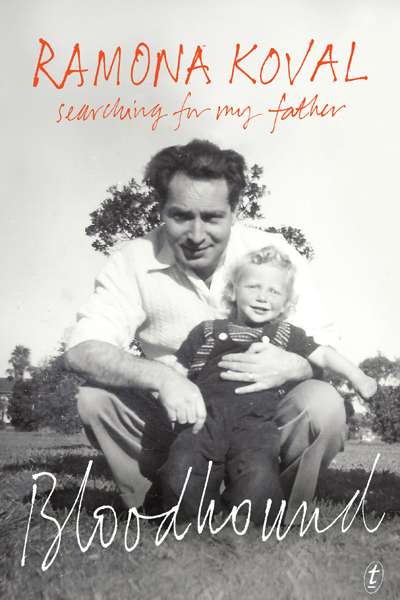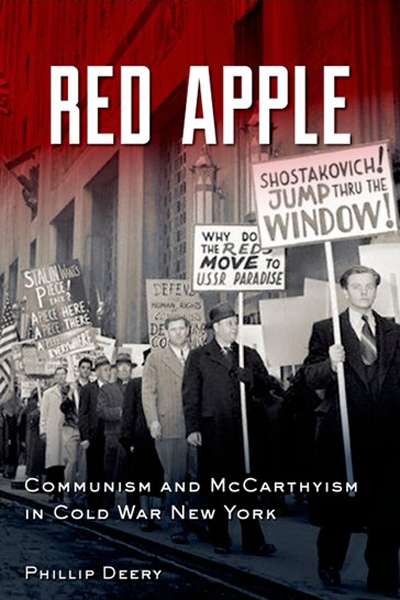Sheila Fitzpatrick

Sheila Fitzpatrick’s most recent books include The Shortest History of the Soviet Union (2022), On Stalin’s Team: The years of living dangerously in Soviet politics (2015) and White Russians, Red Peril: A Cold War history of migration to Australia (2020). She is a professor at Australian Catholic University.
Who doesn’t like to read about the Cambridge spies? Donald Maclean, Guy Burgess, Anthony Blunt, and Kim Philby were all students at Cambridge in the early 1930s when they were converted to communism and later recruited as Soviet spies. The Cambridge Four did decades of sterling work for the Soviets. Having risen to senior positions in the British Foreign Office (Maclean and Burgess), the British ... (read more)
I don’t watch the World Cup or even Wimbledon, so I may have some Australian gene missing. But by the time the string quartet winners were announced at the end of the Melbourne International Chamber Music Competition last week, I had become a fan, almost a barracker. I was rooting for the Eliot Quartet, whose Beethoven Opus 132 A minor quartet in the finals was extraordinary. When they came in s ... (read more)
The centenary of the Russian Revolution has just passed, leaving a rather eerie silence, as Vladimir Putin’s Russia decided not to hold any official commemoration. In the current climate of what has been called a ‘new Cold War’ with Russia, people in the West often forget that the Soviet Union and its communist regime ceased to exist in 1991. The Russia of our imagination is still a superpow ... (read more)
The Soviet violinist David Oistrakh made a triumphant tour of Australia in 1959, a few years after his wildly successful New York début. Along with pianist Emil Gilels and cellist Mstislav Rostropovich, he was the spearhead of a campaign to show the capitalist world how cultured the Soviet Union was, and to demonstrate that their violinists and pianists were the best.
American historian Kiril To ... (read more)
Nobody would have expected an ordinary life for Stalin's only daughter, but Svetlana's life was extraordinary beyond any expectations. Her mother killed herself in 1932, when Svetlana was six; her father treated her affectionately until as a teenager she annoyed him by becoming interested in men. Much of Svetlana's close family disappeared in the purges of the late 1930s or after the war, leaving ... (read more)
I vaguely knew about Fred Rose as somebody ASIO was after in the 1950s, a communist blackened in the Petrov case who went off to live in the German Democratic Republic. During the Cold War, that kind of boundary crossing was usually definitive. If you went over the wall, you stayed over.
Not Fred Rose. He went over the wall to the GDR, but after that he kept coming back to Australia, stubbornly t ... (read more)
Who cares any more about Lenin? Time was, Vladimir Ilyich Lenin (1870–1924) was revered, at least in some quarters, as the founding father of the Soviet Union, head of the first revolutionary state, pioneer in building socialism to end capitalist exploitation and create a better world. In the Soviet Union, Stalin overshadowed him for a few decades, while claiming loyal discipleship. But then, in ... (read more)
This engaging but disturbing memoir describes Ramona Koval’s obsessive attempts to find herself another father than the one who had brought her up, the ‘Dad’ who was married to ‘Mama’. Dad and Mama, along with most of their circle in 1950s Melbourne, were Jewish immigrants from Poland, among the tens of thousands who came to Australia as displaced persons (DPs) after World War II. Ramona ... (read more)
This book is about a moral panic resulting in the deployment of huge police and bureaucratic resources to ruin the lives of some unlucky individuals who were, or seemed to be, Communist Party members or sympathisers. None of Deery’s cases seems to have been doing anything that posed an actual threat to the US government or population; that, at least, is how it looks in retrospect. But at the tim ... (read more)

